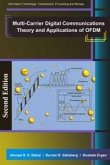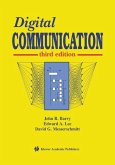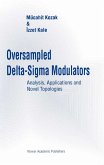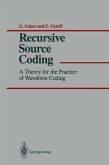The creation of the text really began in 1976 with the author being involved with a group of researchers at Stanford University and the Naval Ocean Systems Center, San Diego. At that time, adaptive techniques were more laboratory (and mental) curiosities than the accepted and pervasive categories of signal processing that they have become. Over the lasl 10 years, adaptive filters have become standard components in telephony, data communications, and signal detection and tracking systems. Their use and consumer acceptance will undoubtedly only increase in the future. The mathematical principles underlying adaptive signal processing were initially fascinating and were my first experience in seeing applied mathematics work for a paycheck. Since that time, the application of even more advanced mathematical techniques have kept the area of adaptive signal processing as exciting as those initial days. The text seeks to be a bridge between the open literature in the professional journals, which is usually quite concentrated, concise, and advanced, and the graduate classroom and research environment where underlying principles are often more important.
Dieser Download kann aus rechtlichen Gründen nur mit Rechnungsadresse in A, B, BG, CY, CZ, D, DK, EW, E, FIN, F, GR, HR, H, IRL, I, LT, L, LR, M, NL, PL, P, R, S, SLO, SK ausgeliefert werden.









